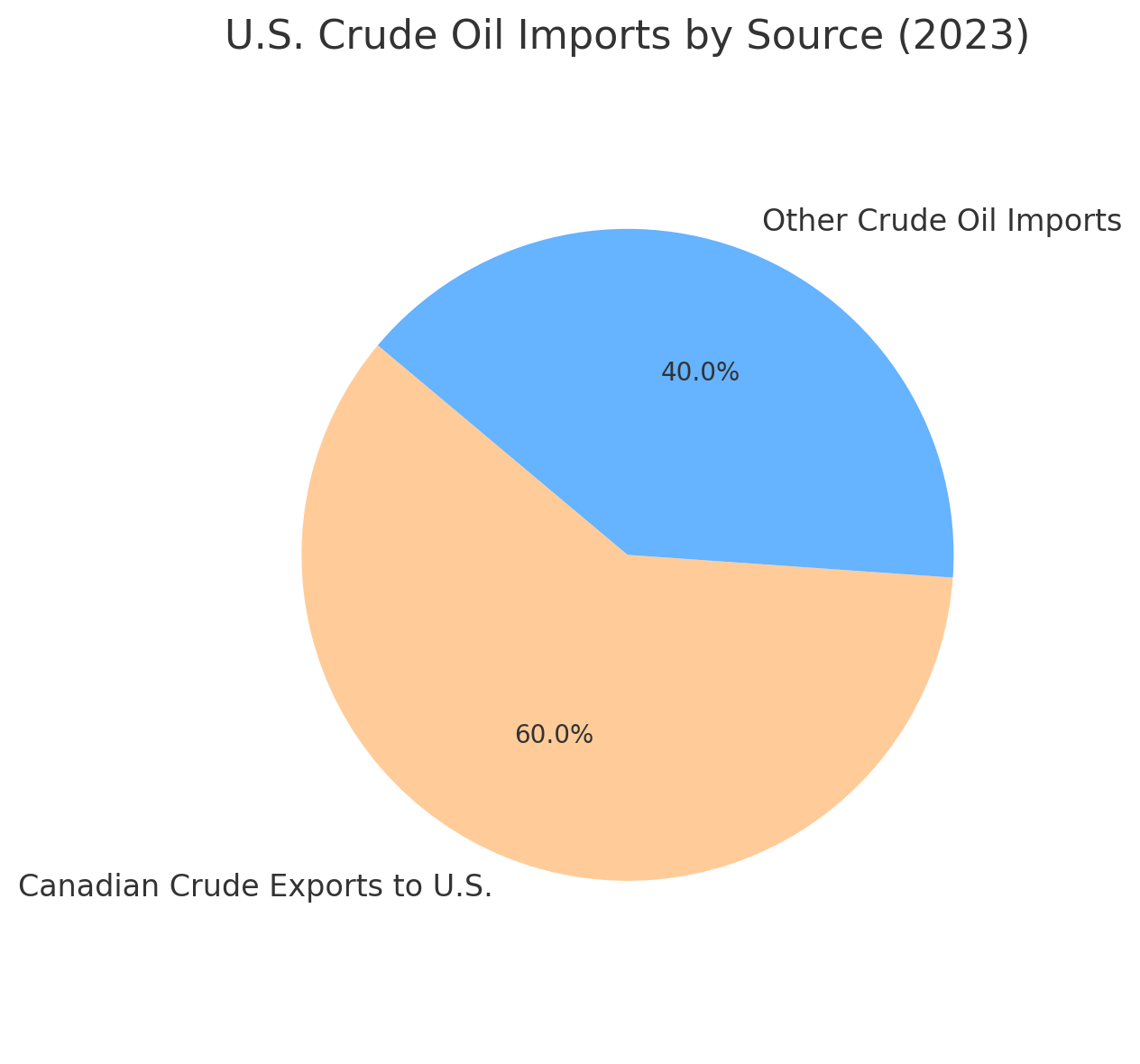


La résurgence des politiques commerciales protectionnistes aux États-Unis a eu des répercussions profondes, en particulier pour les partenaires commerciaux proches comme le Canada. Parmi les secteurs les plus touchés figurent l'énergie et l'exploitation minière, qui sont essentiels non seulement à l'économie canadienne, mais aussi aux chaînes d'approvisionnement nord-américaines. Alors que les droits de douane américains visent les importations d'acier, d'aluminium et de minéraux essentiels, les entreprises canadiennes doivent composer avec un nouveau contexte marqué par la hausse des coûts, la perturbation des chaînes d'approvisionnement et la complexité géopolitique.
Cet article examine l'impact évolutif des droits de douane américains sur les secteurs de l'énergie et des mines au Canada et explique comment les outils d'information commerciale en temps réel tels que Avantis aident les entreprises à garder une longueur d'avance.

En vertu de diverses lois commerciales, telles que la section 232 (sécurité nationale) et la section 301 (pratiques commerciales déloyales), les États-Unis ont imposé des droits de douane sur les importations en provenance d'un large éventail de pays, dont le Canada. Parmi les mesures notables, citons :
Bien que certains de ces droits de douane aient été levés ou renégociés dans le cadre de l'ACEUM (Accord de libre-échange entre les États-Unis, le Mexique et le Canada), l'environnement commercial reste instable.
Le Canada est le plus grand exportateur d'énergie vers les États-Unis, représentant environ 60 % des importations américaines de pétrole brut en 2023 source. Cependant, les droits de douane sur les matériaux de construction tels que l'acier, largement utilisés dans les infrastructures pipelinières, ont considérablement augmenté les coûts des projets.
Par exemple
Les entreprises canadiennes qui exportent des composants pour l'énergie éolienne et solaire sont également touchées. Beaucoup dépendent d'intrants chinois (par exemple, le polysilicium, les aimants en terres rares), qui ont été visés par les droits de douane américains. Ces coûts indirects réduisent la compétitivité des exportations canadiennes.
De plus, la loi américaine sur la réduction de l'inflation (IRA) a réorienté les investissements vers les fournisseurs nationaux, marginalisant davantage les exportateurs canadiens d'énergies renouvelables, à moins qu'ils ne s'adaptent rapidement.
Le Canada est le quatrième producteur mondial d'aluminium et un important exportateur de nickel, de cuivre et de zinc. Bien que ces produits ne soient pas tous directement visés par des droits de douane, leur production dépend fortement de l'importation de machines et de matériaux.
L'augmentation des droits de douane sur l'acier et les composants a eu les effets suivants
L'Association minière canadienne a averti que cette hausse des coûts pourrait retarder de plus de 80 milliards de dollars les investissements dans de nouveaux projets miniers.
Alors que les États-Unis cherchent à sécuriser leurs approvisionnements en minéraux essentiels afin de réduire leur dépendance à l'égard de la Chine, le rôle du Canada est crucial. Pourtant, paradoxalement, les barrières commerciales et l'absence de normes harmonisées ont ralenti le développement des chaînes d'approvisionnement transfrontalières pour le lithium, le cobalt et les terres rares.
Par exemple
Les droits de douane ont catalysé une restructuration de la logistique :
La hausse des coûts et la perturbation des chaînes d'approvisionnement se sont traduites par une compression des marges :
Les entreprises sont confrontées à :
Compte tenu de la rapidité avec laquelle les droits de douane et les politiques commerciales évoluent, les entreprises ne peuvent pas se fier aux rapports trimestriels ou à la surveillance manuelle du marché. Elles ont besoin :
Avantis est une plateforme de veille commerciale basée sur l'IA, conçue pour les secteurs dynamiques tels que l'énergie, l'exploitation minière et la fabrication. Elle permet aux équipes de détecter, d'analyser et d'agir en temps réel sur les évolutions du marché, en fournissant une couche de veille centralisée à l'échelle de l'organisation.
Le défi
Une société minière canadienne qui exporte 60 % de sa production vers les États-Unis est confrontée à un risque de droits de douane sur les métaux industriels. Ses principales préoccupations
Comment Avantis peut aider
Les droits de douane américains ont fondamentalement changé le mode de fonctionnement des entreprises énergétiques et minières canadiennes. Ces changements politiques exigent des réponses plus rapides, une planification plus intelligente et une intégration plus étroite entre la stratégie, la logistique et la gestion des risques.
Les outils de veille stratégique en temps réel tels qu'Avantis ne sont plus facultatifs, ils sont essentiels. En offrant une visibilité continue sur les marchés, les réglementations et le comportement des concurrents, Avantis aide les entreprises canadiennes à passer d'une approche réactive à une approche proactive, transformant ainsi l'incertitude en opportunité.
Alors que le Canada et les États-Unis s'engagent dans une relation commerciale plus complexe pour les années à venir, ceux qui disposeront des meilleures informations seront en tête.

Prêt à optimiser votre processus d'étude de marché ? Contactez Avantis dès aujourd'hui pour une présentation personnalisée et un essai gratuit.
